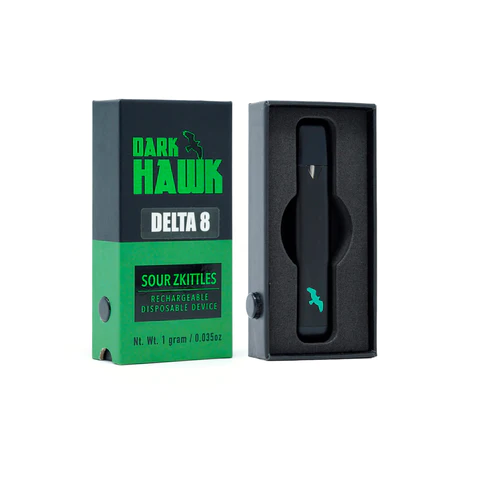Baked Bar THC Vape
How many puffs are in a Baked Bar THC Vape
As more and more states legalize marijuana and cannabis plants, people especially young adults and teens are starting to become curious about what products are available to them. Additionally, many are experimenting with vaping these products like Baked Bar THC Vape, usually in the form of THC oil and CBD oil. However, it’s important to note that CBD oil and THC oil impact the body in completely different ways.
What Is THC?
Both CBD (cannabidiol) and THC (tetrahydrocannabinol) are the most common cannabinoids found in cannabis products. And even though they are both found in marijuana and hemp, THC is more prevalent in the marijuana plant than it is in the cannabis plant.
THC also affects your body differently than CBD does. Even though it works like CBD to impact neurotransmitters in your brain, THC is the main psychoactive compound found in marijuana and is the substance that will make you feel “high.”
Additionally, it’s believed that in addition to giving you a euphoric feeling, THC also impacts pain, mood, and other feelings. CBD on the other hand does not make you high and is believed to work with other receptors in the body to produce an overall feeling of well-being.1
Even though several states allow medical marijuana that contains THC, it is still illegal under federal law. Some states have even made recreational marijuana legal, but it’s also illegal under U.S. law.
What You Need to Know
Recreational use of marijuana, which contains THC, is now legal in 11 states. But the Food and Drug Administration has not approved the use of THC and it remains classified illegal under U.S. law. Still, people are experimenting with the drug more and more frequently by either smoking it, eating it, or vaping it.
Marijuana use, and more specifically vaping THC oil, is on the rise according to the National Institute on Drug Abuse. In fact, in 2018, more than 11.8 million young adults had used marijuana in the last year. Meanwhile, the number of teens in 8th and 10th grades who say they use it daily also has increased. Additionally, nearly 4% of 12th graders say they vape THC daily.2
Vaping THC oil involves heating the oil and inhaling it through a vaporizing device like a vape pen or an e-cigarette. Some people believe that vaping THC oil is safer than smoking because it doesn’t involve inhaling smoke. But the issue is that vaping hasn’t been around long enough and there isn’t enough research to really determine whether or not it’s safer.
Recent research suggests that vaping THC oil, especially oil that contains vitamin E acetate, can be particularly harmful to your lungs.3 Vitamin E acetate, which is regularly added to THC when preparing it for use in e-cigarettes and vaping devices, is particularly harmful when it’s inhaled.
For instance, in September 2019, health officials began investigating an outbreak of a severe lung disease associated with vaping and e-cigarettes. By December 2019, more than 2,800 cases of lung disease, often referred to as EVALI, had been reported across the United States.
Additionally, nearly 70 people have died so far from the disease and as vaping continues to grow in popularity, the number of deaths is likely to increase. What’s more, 82% of the people hospitalized reported using THC-containing products and 33% reported exclusive use of THC-containing products.4
Consequently, the Centers for Disease Control and Prevention (CDC) has recommended that people avoid using e-cigarettes and vaping products, particularly those that contain THC oil. Even just vaping the oil once can significantly impact your lungs.5
In fact, a study that appeared in the Journal of the American Medical Association found that first-time and infrequent users of marijuana were more likely to experience adverse reactions from vaping THC oil. They indicated that these negative impacts were largely due to the enhanced delivery of the oil through vaping. The participants in the study also had more pronounced effects from the drug and experienced significant impacts to their motor skills and cognitive abilities.6
Meanwhile, another study published in Addiction found that while vaping nicotine may be safer than smoking cigarettes, the same may not hold true when it comes to marijuana.7 In fact, additives, like vitamin E acetate may make that delivery method even more dangerous than simply smoking a joint, putting the vaper’s lungs at a greater risk for injury. Yet, a Gallup Poll indicates that most Americans believe that vaping is less harmful than smoking. In fact, 40% of the respondents felt that marijuana was “not too” harmful.8

Ultimately, vaping THC oil can lead to a substance use disorder. In fact, according to the National Institute on Drug Abuse, between 9% and 30% of people who use marijuana develop some sort of substance use disorder. And, people who begin using marijuana before they turn 18 are four to seven times more likely than adults to develop a marijuana use disorder.

